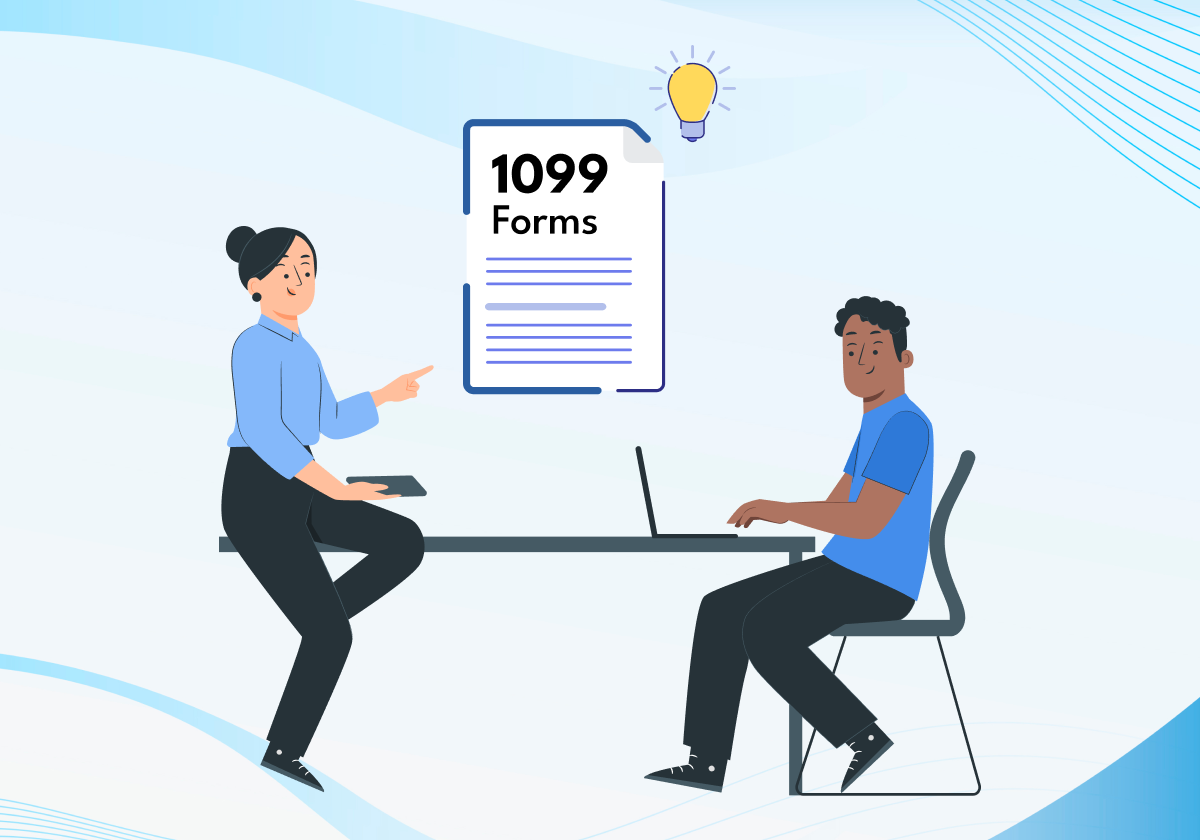As an employer, understanding the rules and regulations surrounding 1099 forms is crucial to ensure compliance with the IRS and avoid any potential penalties. Whether you’re hiring independent contractors or freelancers, it’s important to be aware of the 1099 rules to fulfill your tax responsibilities. In this blog post, we’ll delve into the key aspects of 1099 rules for employers and provide you with the information you need to navigate this process effectively.
1. Determining Worker Classification: The first step in understanding 1099 rules for employers is to determine the proper classification of workers. The IRS distinguishes between employees and independent contractors, each with its own set of rules and tax obligations. It’s essential to correctly classify workers to ensure compliance with the 1099 rules. You can find the IRS guidance on how to determine work classification here.
2. Issuing 1099 Forms: Employers are required to issue 1099 Forms to independent contractors and freelancers who have provided services amounting to $600 or more in a tax year. These forms report the income earned by the contractor and are used by the IRS to track income for tax purposes. Understanding when and how to issue 1099 forms is crucial for employers to avoid potential penalties.
3. Reporting Requirements: Employers must report payments made to independent contractors on a Form 1099, including their name, address, and taxpayer identification number (TIN). Accuracy in reporting is essential to ensure compliance with 1099 rules and avoid any discrepancies in tax filings and associated penalties and withholding requirements.
4. Deadlines for Filing: Employers must adhere to specific deadlines for filing 1099 forms with the IRS and providing copies to independent contractors. Understanding the due dates for filing 1099 forms is crucial to avoid late penalties and ensure compliance with the IRS regulations.
5. Penalties for Non-Compliance: Failure to comply with 1099 rules can result in penalties imposed by the IRS. Employers may face fines for late or incorrect filing of 1099 forms in addition to requirements to withhold on future payments, which can be a significant financial burden. Understanding the potential penalties for non-compliance is essential for employers to take the necessary steps to fulfill their 1099 obligations.
6. Keeping Accurate Records: Employers are required to maintain accurate records of payments made to independent contractors and the corresponding 1099 forms. Keeping thorough and organized records is essential to demonstrate compliance with 1099 rules and facilitate any potential IRS audits.
In conclusion, understanding the 1099 rules for employers is essential to fulfill tax obligations and avoid potential penalties. By accurately classifying workers, issuing 1099 forms, adhering to reporting requirements, meeting filing deadlines, and maintaining accurate records, employers can ensure compliance with IRS regulations. Seeking professional guidance can further assist employers in navigating the complexities of 1099 rules and regulations. By staying informed and proactive, employers can effectively manage their 1099 responsibilities and maintain compliance with the IRS. For more info, visit our website.

